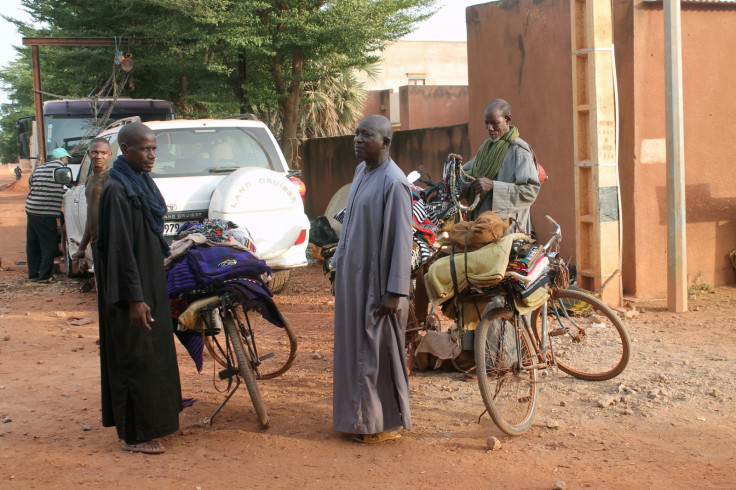Dozens killed and 10,000 displaced as armed groups spread in central Mali says HRW
Presence of Islamist groups and recruitment of local residents has inflamed ethnic tensions.

Islamist armed groups have killed dozens of people and displaced over 10,000 in central Mali since January, a prominent human rights group has said.
Insecurity in Mali is no longer confined to the north of the country, as jihadist groups have progressively increased their presence in central Mali over the past two years.
Their presence, execution of civilians and government officials and recruitment of local residents, has inflamed ethnic tensions among the Peuhl, Bambara, and Dogon ethnic groups, giving rise to often-abusive self-defence militias.
The killings, by Islamist armed groups, militias, and, to a lesser extent, government soldiers, have resulted in at least 52 deaths and the displacement of over 10,000 people, according to Human Rights Watch (HRW).
"Violence since January fuelled by explosive ethnic tensions has swept across central Mali, leaving dozens dead," said Corinne Dufka, associate Africa director at HRW.
In one instance, on 11 February, alleged Peuhl Islamist fighters killed a Bambara shopkeeper in Ke-Macina, in the Ségou Region, some 320km from the capital, Bamako. The killing sparked retaliatory attacks against Peuhl villagers, which left at least 21 people dead, including children. Dozens more civilians and armed group members were killed in tit-for-tat attacks.
Local residents described being terrified as large groups of armed men have been seen driving around on motorcycles and vehicles in their villages in central Mali.
While the Malian security forces have generally acted to quell the ethnic violence, they have also been accused of targeting and abusing communities in anti-terror operations. Eight suspected Islamists have been killed, and other forcibly disappeared since late December 2016.
'There is no justice and the killings keep happening'
Dufka urged the Malian government to ramp up efforts to halt the violence "by vigorously prosecuting the killings" and stepping up patrols to protect vulnerable populations.
According to a Bambara leader, there have been no proper investigations into the abuses. "Since 2015, so many of our people have been gunned down in their farms, at home, or on their way to market. We have reported this to local and Bamako authorities, but what we hear are excuses for why they don't investigate – the rain, the danger, insufficient vehicles. But in the end, there is no justice and the killings keep happening," he said.
This was echoed by a Peuhl villager, who said that, to end the violence, "everyone must be treated with dignity; every killing must be investigated". He warned: "If not, if the state doesn't pay attention, people will continue to join the jihadists and their numbers and force will continue to grow."
On March 2, the government announced the establishment of a 45-day commission of inquiry to investigate the violence in Ke-Macina. The government gave the commission, consisting of nine magistrates and 22 gendarmes, 45 days to submit a report.
HRW urged for the implementation of a longer-term commission, initiated by the Malian parliament, in order to address a broader range of issues. "The worsening violence in central Mali thrusts members of all ethnic groups into the dangerous cycle of violence and impunity," Dufka said. "The Malian government and its allies need to confront this insecurity head on before more blood is shed. The Ke-Macina investigation is a very good place to start."
© Copyright IBTimes 2024. All rights reserved.






